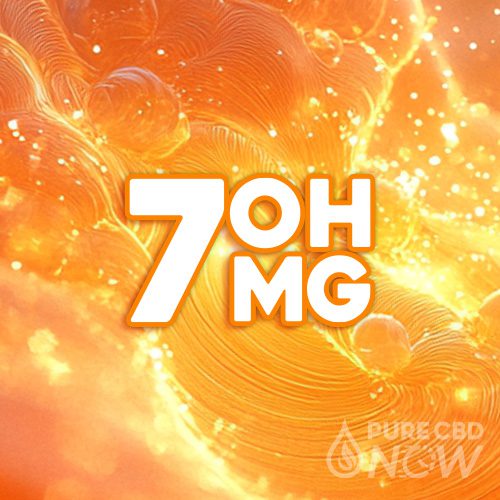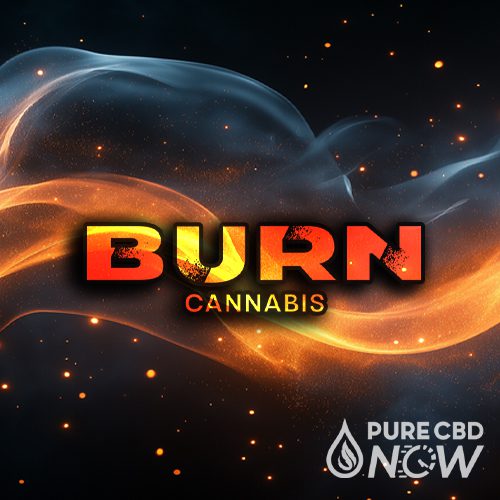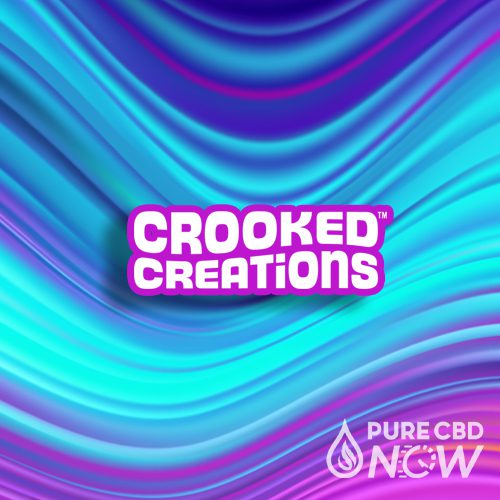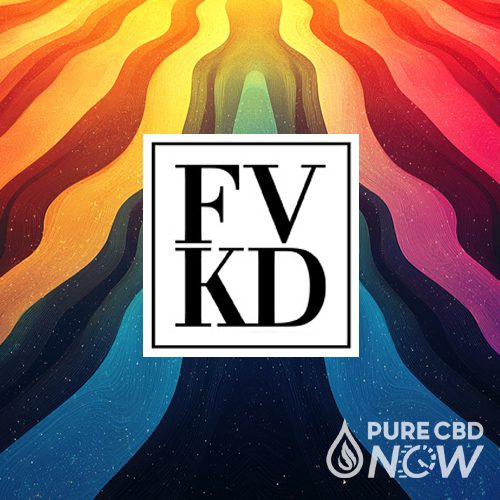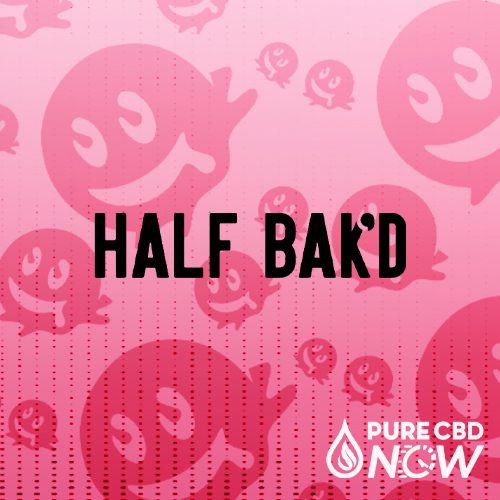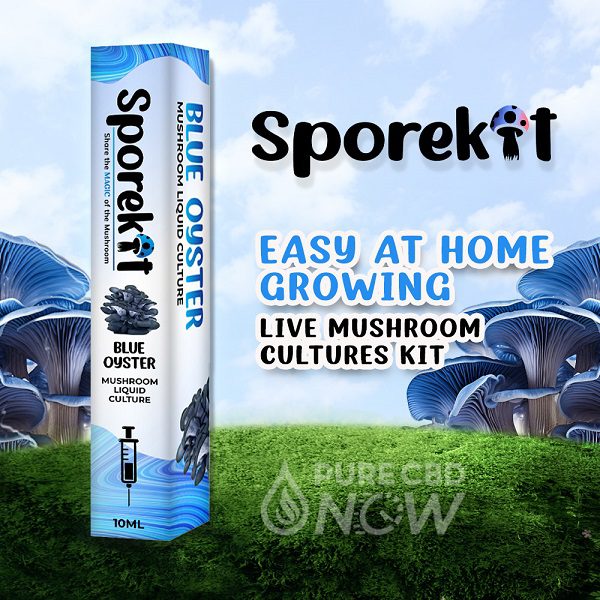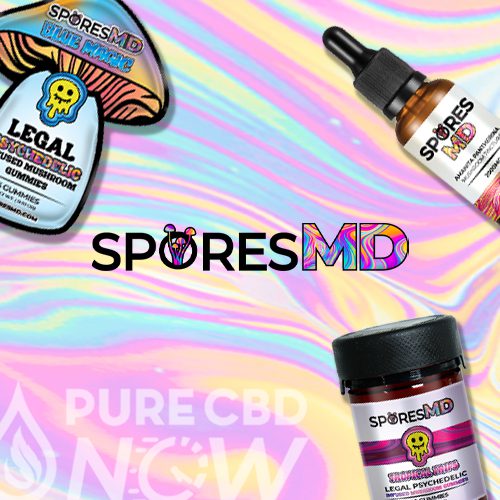Ever find yourself puzzled by the intricate world of alkaloids? You’re not alone. Two compounds that often spark curiosity are mitragynine and 7-hydroxymitragynine. Both are key ingredients in the kratom leaf, a plant native to Southeast Asia, yet they’re as different as chalk and cheese.
Mitragynine and 7-hydroxymitragynine may sound like tongue-twisters, but understanding their differences is simpler than you think. It’s about their unique effects, potency, and overall impact on the body. Ready to unravel this mystery? Let’s dive into the fascinating world of these two alkaloids.
Key Takeaways
- Mitragynine and 7-hydroxymitragynine are primary alkaloids found in the kratom leaf, interacting with the body’s opioid receptors in unique ways.
- Accounting for around 66% of Kratom’s alkaloids, Mitragynine potentially provides pain relief and energy boost without causing intensive addictive effects like traditional opioids.
- Even though 7-hydroxymitragynine is less prevalent in Kratom, its higher potency leads to more effective pain relief and focus on mood enhancement.
- The structure of Mitragynine consists of 40 carbon atoms, 14 hydrogen atoms, and 3 nitrogen atoms, being structurally similar to yohimbine and indole alkaloids.
- The unique structure of 7-hydroxymitragynine, with an additional hydroxyl group on the 7th carbon atom, imparts it with higher potency than morphine and mitragynine.
- Despite their potential therapeutic uses, mitragynine and 7-hydroxymitragynine face legal restrictions in certain regions due to their effects on the body’s opioid receptors.
- Research and regulatory approaches to these compounds vary internationally, with ongoing studies exploring their potential for use in pain and anxiety management.
Overview of Kratom Alkaloids
Alkaloids, like Mitragynine and 7-Hydroxymitragynine, reside in the heart of Kratom’s properties. Hidden in the leaves of this tropical evergreen tree, these compounds hold the secrets to Kratom’s potential.
Understanding Mitragynine
Mitragynine, accounting for approximately 66% of Kratom’s total alkaloid content, plays the leading role. As an indole-based opioid-receptor agonist, this alkaloid interacts with your body’s opioid receptors. Research reveals this interaction contributes to pain relief, similar to opioids, but without the same intensive addictive effects[^1^].
Notice interesting effects after consuming Kratom? You’ve mitragynine to thank. It’s implicated in boosting energy, improving focus and mood, aiding with social anxiety, and even combating opioid withdrawal symptoms[^2^].
Mitragynine isn’t merely a standalone compound, either. Multiple alkaloids work together in what’s known as the “entourage effect,” creating a comprehensive, balanced effect for the user[^3^].
Understanding 7-Hydroxymitragynine
Moving onto 7-Hydroxymitragynine, it’s far less prevalent in Kratom but boasts considerably higher potency. Present at less than 2% of total alkaloids[^4^], its minimal presence belies its power.
Studies show that despite its lower concentration, 7-Hydroxymitragynine packs a potent punch, capable of binding to opioid receptors with efficacy similar to Morphine[^5^].
Differing from Mitragynine, 7-Hydroxymitragynine focuses more on pain relief and less on the energy-increasing properties. Due to its potential health benefits, this Kratom alkaloid has gained considerable attention in medical research[^6^].
Your journey into understanding the world of alkaloids doesn’t have to stop here. Explore the potential of 7-Hydroxymitragynine and continue discovering the intricacies of these fascinating compounds.
Chemical Structure and Properties
In their molecular architecture lies the power to interact with your body’s systems in distinct ways. Only by diving deeper into the chemical structure and properties of mitragynine and 7-hydroxymitragynine can we apprehend their unique roles.
Mitragynine Composition
Mitragynine, the more abundant of the two, contains 40 carbon atoms, 14 hydrogen atoms, and 3 nitrogen atoms. It’s structurally similar to yohimbine, a compound found in the yohimbe tree, and also bears resemblance to the indole alkaloids present in psychedelic substances. An opiate-like structure gives it its famed pain-relieving effects. However, unlike morphine, mitragynine doesn’t lead to harmful effects like respiratory depression. This wonder element could replace synthetic opioids, thereby presenting harm reduction on the drug landscape.
| Elements | Count |
|---|---|
| Carbon | 40 |
| Hydrogen | 14 |
| Nitrogen | 3 |
7-Hydroxymitragynine Composition
7-hydroxymitragynine’s structure stands distinct from mitragynine, with one additional hydroxyl group on the 7th carbon atom, hence its name. This one modification imparts it with greater potency—an astonishing 13 and 46 times that of morphine and mitragynine respectively, according to the ‘European Journal of Pharmacology’.
| Elements | Count | Extra group |
|---|---|---|
| Carbon | 39 | Hydroxyl |
| Hydrogen | 14 | |
| Nitrogen | 3 |
Understanding the molecular structure of these alkaloids paves the way for potential medical and therapeutic applications. You can explore more about these fascinating compounds and their commercial derivatives over at Pure CBD Now, and make an informed decision when choosing to imbibe. Remember, wholesome knowledge empowers better choices. Check out their 7-Hydroxymitragynine options and decide which fits your lifestyle the best.
Biological Effects and Efficacy
Let’s delve deeper into the distinct biological effects and efficacy of both mitragynine and 7-hydroxymitragynine. You’ll discover how each alkaloid influences the body and the degree of their efficiency.
Effects of Mitragynine
Mitragynine, as the primary alkaloid in kratom, yields impressive benefits. It acts on the μ, δ, and κ opioid receptors in the human body[^1^]. You’d notice these influence your senses of pain, mood, and CNS response[^2^].
- Painkiller: Mitragynine provides relief from pain via its impact on the opioid receptors[^3^]. It’s a welcome alternative to opioids, lacking harmful respiratory depression effects[^4^].
- Stimulant: At a smaller dosage, mitragynine can give you a heightened sense of energy[^5^].
[^1^]: “Mitragynine/Corynantheidine Pseudoindoxyls As Opioid Analgesics”, National Center for Biotechnology Information.
[^2^]: “Kratom (Mitragyna speciosa) dependence, withdrawal symptoms”, National Center for Biotechnology Information.
[^3^]: “Pharmacokinetics of mitragynine in man”, Springer Link.
[^4^]: “Mitragynine attenuates withdrawal syndrome”, ScienceDirect.
[^5^]: “Stimulant effect of Mitragyna speciosa”, ScienceDirect.
Effects of 7-Hydroxymitragynine
Even though 7-hydroxymitragynine occurs in much smaller quantities, it’s potency is quite remarkable. Attributed to the unique structure, it’s effects majorly come in the form of pain relief.
- Potent Analgesic: Four times more potent than mitragynine and thirteen times than morphine[^6^]. 7-Hydroxymitragynine satisfies your need for potent pain relief[^7^].
- Effects on Anxiety and Mood: It stimulates endorphin release, managing anxiety and enhancing mood[^8^].
[^6^]: “7-Hydroxymitragynine Is an Active Metabolite of Mitragynine”, ACS Publications.
[^7^]: “Mitragynine and 7-hydroxymitragynine: The kratom alkaloids”, ScienceDirect.
[^8^]: “Kratom and anxiety: A literature review”, PubMed.
So, seeking alternative pain relief or an energy boost? Consider these potentially beneficial plant-based compounds. Find more about 7-Hydroxymitragynine and other products at Pure CBD Now for your wellness endeavors.
Therapeutic Uses and Legal Status
Moving forward in understanding the potential scope of mitragynine and 7-hydroxymitragynine, let’s explore the therapeutic uses of these alkaloids and their legal status across the globe.
Medical Benefits and Applications
Consider mitragynine first, known for its pain-relieving properties. Its mechanism of action, you ask? It targets the body’s opioid receptors. Thus, provides an effective solution for chronic pain, a condition plaguing millions worldwide. It’s also a boon for those seeking energy enhancement. Remarkably, unlike conventional opioids, it achieves this without triggering harmful respiratory depression.
Switch to 7-hydroxymitragynine. Its potency trumps mitragynine by miles and stands on equal footing with morphine. Though less abundant in kratom leaf, it packs a punch for pain management. Combine it with its effects on mood and anxiety, you’ve a promising organic compound under study.
Regulatory Perspectives and Challenges
Here comes the tricky part. Mitragynine and 7-hydroxymitragynine, despite potential benefits, face regulatory challenges.
In countries like Australia, Germany, and Denmark, kratom and its alkaloids encounter legal restrictions. Some US states have set up regulatory mechanisms as well, given the powerful effects the compounds possess.
Yet, it’s not all gloom. A few regions continue to explore the potential of these organic compounds. In fact, in spots like Indonesia and Malaysia where kratom grows in abundance, they’re under extensive study.
Do remember, while these compounds seem promising, it’s important to balance potential gains with safety aspects. Always consult a healthcare professional before incorporating such elements into your routine.
For further information on kratom and its potent component 7-Hydroxymitragynine, browse through products and information on Pure CBD Now.
Conclusion
You’ve navigated the complexities of mitragynine and 7-hydroxymitragynine, two potent alkaloids in kratom leaves. You’ve discovered how mitragynine can offer pain relief and energy enhancement, while 7-hydroxymitragynine, though less abundant, packs a punch in managing pain and regulating mood. You’re now aware of their global legal status and the regulatory hurdles they face. Yet, you also understand the ongoing research in regions like Indonesia and Malaysia. Remember, while these alkaloids hold potential wellness benefits, it’s critical to consult a healthcare professional before incorporating them into your routine. Knowledge is power, and you’re now empowered to make informed decisions about these intriguing compounds.

